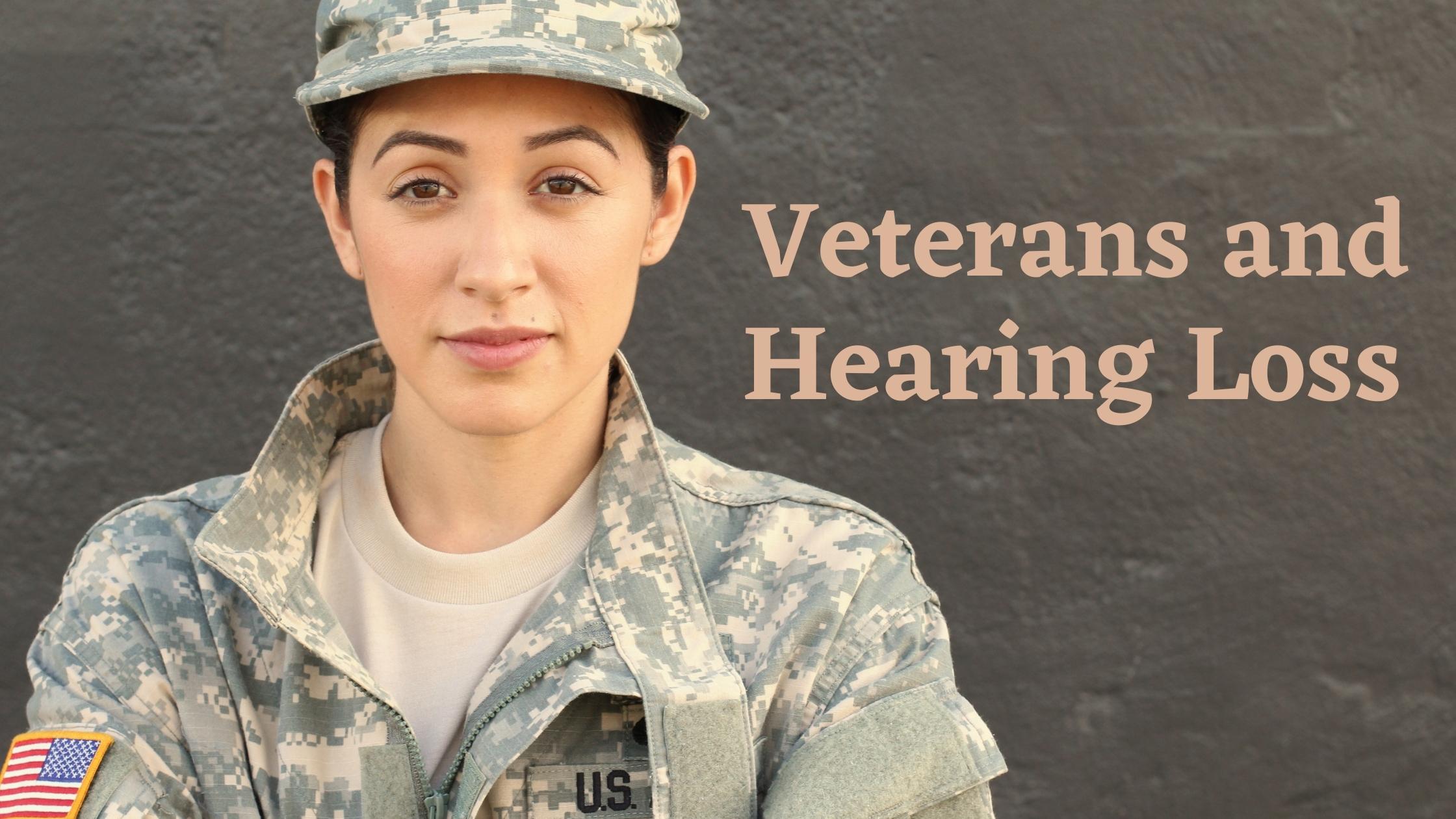Those who have served in the armed forces took on the responsibility of putting their lives at risk, and yet some of the effects of service come as a surprise. Though we know that the risks to life and health can come with service, some of the negative effects can remain hidden for years after service has completed. One of these conditions is hearing loss. Though many do not report these health effects for many years, hearing loss and tinnitus are the top two reasons that veterans seek service with the U.S. Department of Veterans Affairs (VA) hospitals. Indeed, these health concerns come with a high cost for the wellbeing of our veterans as well as a financial cost to the country amounting to disability compensation for 1.79 million veterans with tinnitus and 1.16 million veterans with hearing loss.
Let’s consider what makes veterans so much more likely to incur hearing loss and tinnitus, what can be done to better protect them, as well as the treatment options that are available to support our veterans upon the realization that they have a hearing loss or tinnitus diagnosis. These conditions are highly correlated with depression and anxiety, as well, so it is crucial to get our veterans the support they need for physical and mental wellbeing going forward.
How do veterans incur hearing loss?
Beginning with basic training, veterans are exposed to sounds that are loud enough to cause noise-induced hearing loss, and they can also incur injuries that cause loss in some rarer cases. The sounds that cause hearing loss often come from the use of weapons and explosives in training and combat scenarios, but these very loud blasts are not alone among the ways that hearing loss can occur through noise. Aircraft are a known cause of noise-induced hearing loss, and other modes of transportation can cause hearing loss or tinnitus, as well.
The noise level necessary to cause hearing loss is much lower than some people would expect, so it is important to take stock of all the places and situations in which veterans can be exposed to damaging noise.
How can we protect veterans against hearing loss?
Although the military has the budget for many types of protective equipment, some errors have happened in recent years regarding hearing protection. Depending on the training or combat environment, different types of hearing protection are necessary. In some cases, disposable foam earplugs will suffice, while other settings require noise-cancelling headsets for helmets.
The Minnesota based 3M Company and its predecessor Aearo Technologies have recently come under fire for providing faulty hearing protection. This protection might be responsible in part for the disproportionately large number of veterans who have diagnosed cases of hearing loss or tinnitus. In other cases, the inappropriate use of protection might be to blame, so officials and individuals are responsible for protecting hearing before it is too late.
What can be done for those veterans who have hearing loss?
Although protection is the first line of recourse against hearing loss diagnoses among veterans, there are treatment options available. The latest hearing aids are remarkably effective at providing quality treatment to amplify the frequencies that have been attenuated or lost in through military service. They are individually tailored to suit the hearing profile of each veteran in a way that can assist verbal communication and engagement with the social world. This assistance also holds promise to relieve the depression and anxiety that have been correlated with hearing loss among veterans.
In the case of tinnitus, some hearing aids are now equipped with the ability to treat tinnitus. By playing a similar tone to the one that is sensed through tinnitus, these aids can effectively cancel out some of the sounds of tinnitus without providing a loud masking tone for the world to hear. This method has proven to be more effective than many of the other home remedies that individuals pursue to mask the sounds of tinnitus.
In order to best assist and support our veterans, it is crucial to encourage your loved ones to get a hearing test as soon as hearing loss becomes an issue. The sooner treatment is received, the better able our veterans will be to engage fully with the world once again. Contact us today to schedule an appointment!

